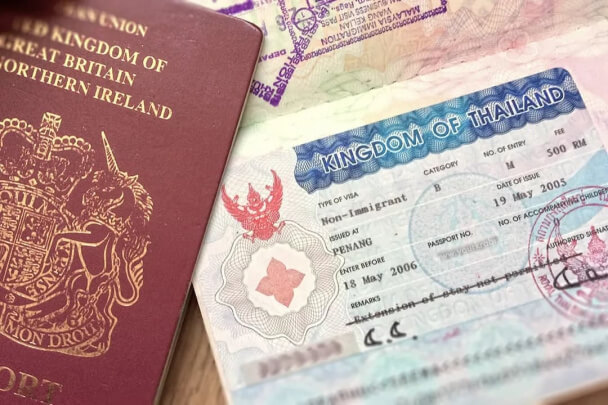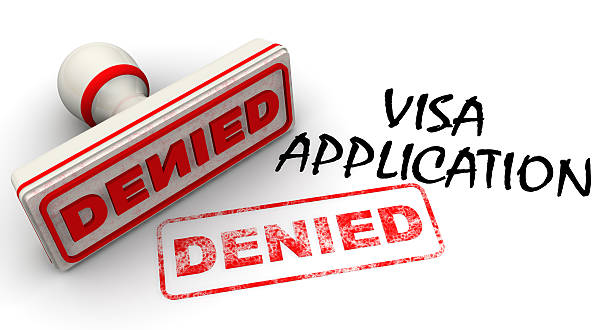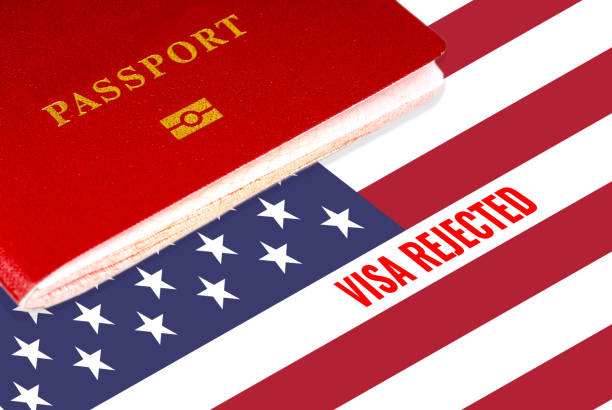What is a Visa?
A visa is a document that permits the traveler to enter an unwelcome country for a specific duration. In some cases, you must get a visa before travel, either in a consulate, embassy or on the internet. In some cases, you may also be able to obtain a Visa upon arrival. Visas are usually attached to the holder’s passport and specify the length of time you are allowed to stay.
Related:
- How To Apply For Flight Itinerary Visa Application
- Things To Know Before Traveling To Canada In 2022
- Requirements Needed To Apply For A Dubai Visa
- How To Use Google Maps Offline On A Road Trip
Certain countries require visas for foreign nationals as a precautionary measure to monitor who is allowed to enter and stop illegal immigration. Visas can also be used as a defense measure to stop security risks from entering a nation.
The word “visa” originates in Modern Latin ” charta visa,” which refers to a verified paper or is translated as ” paper that has to be seen.” In the past, visas were documents in their own right that were used along with your passport for international travel. However, nowadays, most visas are stickers or stamps on your passport.
What Does a Visa Look Like?

Visas are a stamp on your passport. It contains your name, photo, and the amount of time you are permitted to remain in a particular country.
In some instances, visas can be provided as separate papers that do not need to be attached to your passport. This is the case with electronic visas that you have to print.
How to Get a Travel Visa
Most often, you can seek a visa in one of these ways:
- Visit a consulate or an embassy of the country you are visiting.
- Online (electronic Visa).
- Visa upon arrival.
The application procedure depends on the country you are applying to and the nationality of your applicant. Don’t leave without checking your requirements for a visa.
Visa Applications at the Embassy
In the majority of instances, you can apply for a visa through the consulate or embassy of the country you wish to visit. The steps to apply for a visa are:
- Set up an appointment.
- Gather the collection of required documents.
- Pay a visa processing fee.
Attend your visa appointment or interviews - Consular officials will examine the application and decide if they want they will give you an entry visa or deny it. Based on the type of Visa, it can take anywhere from a few days to a few months to complete your request.
Validity, Time and Duration of Visa
Visas are issued for the following periods and validity periods:
1) Short-stay: Visas for short-stay is issued anytime from a few hours to a few months. This kind of Visa is typically given to individuals in business or for other short-term purposes, such as needing medical attention or visiting family members.
2) Long-stay: These type of Visas may be issued for either months or years. Sometimes Residence permits can also be called long-stay visas.
3) Single-entry Visa: It permits entry into the country or region only once. Once you have left, it is impossible to return even if you’ve got a few days.
4) Multiple-entry: With a visa for multiple entries, you can visit an area or country multiple times, so long as the Visa remains valid.
Common Causes for Visa Denial

These are just a few of the most frequent reasons your application for a visa might be denied. They are:
1) Passport validity: Many countries require an active passport with at least three or six-month validity. The length of time starts when you enter or leave the country will depend on your destination.
2) Blank pages on passports: The number of blank pages on your passport differs between countries. However, it’s usually between two and four pages. The pages must be blank to ensure that you have enough space to seal your passport and Visa.
3) Vaccination requirements: Certain African countries require an international certificate of vaccination. Otherwise, you will not get an entry visa.
4) Criminal record: It’s virtually impossible to get the Visa you need with a criminal record. Only a few states, i.e., the US and Canada, can give a waiver to your criminal record if you require an entry visa.
5) Travel prohibition: All governments have the authority to declare an individual “unacceptable or unwelcome.” The result is, diplomats and non-diplomats will not be allowed into any country.
6) Health insurance coverage is inadequate: Every visitor must be covered by medical insurance while traveling in many countries.
Now that you know why your Visa application was not approved, you can now go ahead and break all odds.
We will send you an update when we release our next article without charges. Tap on the subscribe button below tp join our list.



Leave a Reply